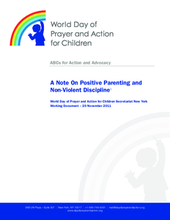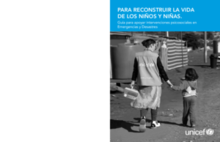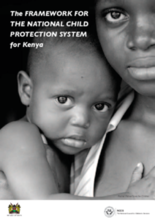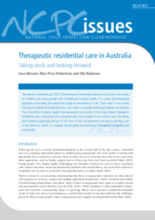Demographic Data
|
Sources: World Bank, UNDP, UNAIDS, DHS 2013 |
Displaying 12931 - 12940 of 14389
The study explores the post-care experiences of young Jordanian care leavers. Material struggles were similar to peers internationally. The distinct difference for Arab care leavers was the cultural influence. Patriarchy, family life and collectivism impact the care leavers' experiences. A cultural dimension increases understanding of leaving-care.
Few local authorities had elaborated programmes or routines for care leaving. Many small municipalities had few young people in care, which made it difficult to organise elaborated programmes for care leaving. Manager’s expected a rapid and linear transition to adulthood. Little awareness of the yo-yo transition pattern common for other young people. Managers were worried that continued contact with social services would lead to young people being dependant on support. Only 6% of managers had any information of young people’s whereabouts, once they had left care.
Understanding youth transitions from out of home care must include developing countries. A model is presented to facilitate this global integration. The model combines resilience and social capital within a social ecology of support. Use of the model is illustrated by a South African youth mentoring scheme for care leavers.
Foster youth in the US do not appear to be receiving many forms of help that are called for in federal law. Over one-third did not receive help they would have liked to have received. System factors play a stronger role than individual indicators of need in help receipt. Independent living services should be more widely available and better targeted.
Cet article fournit un aperçu utile des initiatives du Burundi dans le domaine de la protection des enfants, y compris le travail pour élaborer des normes minimales pour les établissements de garde d'enfants et de soutenir les enfants vivant dans
This informational note for action, produced by World Day of Prayer and Action for Children, aims to support religious communities and partners in promoting “positive parenting” and non-violent disciplining of children.
"The European Union (EU), joined by its implementing partner the United Nation International Children Educational Fund (UNICEF), is supporting household families through a "Social Cash Transfer" scheme launched in the Liberian capital Monrovia on Thursday afternoon," according to this article from Almaghrib Today.
Este informe presenta detalles de talleres para favorecer el desarrollo y adquisición de conocimientos, habilidades y destrezas para lograr una adecuada intervención psicosocial en las poblaciones afectadas por el terremoto/maremoto.
This document contains the national framework for the child protection system in Kenya, developed with the intention of improving linkages between different sectors for more a more coordinated approach to protecting children.
This is an article about therapeutic residential care. Therapeutic residential care (TRC) is becoming an increasingly relevant out-of-home care option for children and young people with multiple and complex needs.




